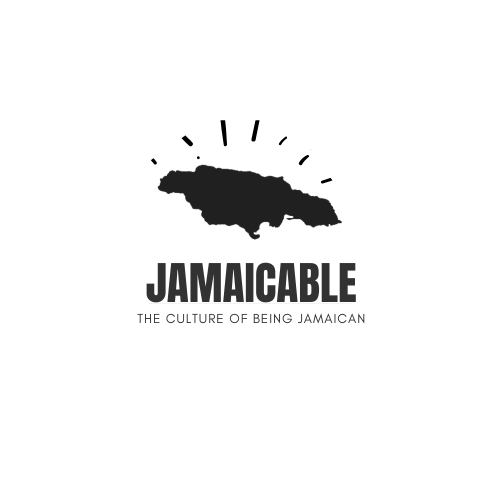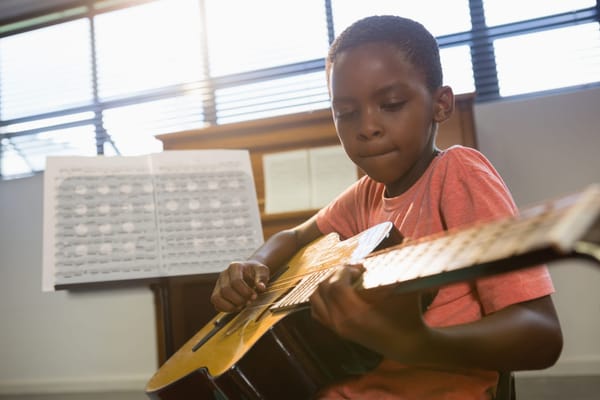10 Music Jobs in Jamaica You Might Not Know About
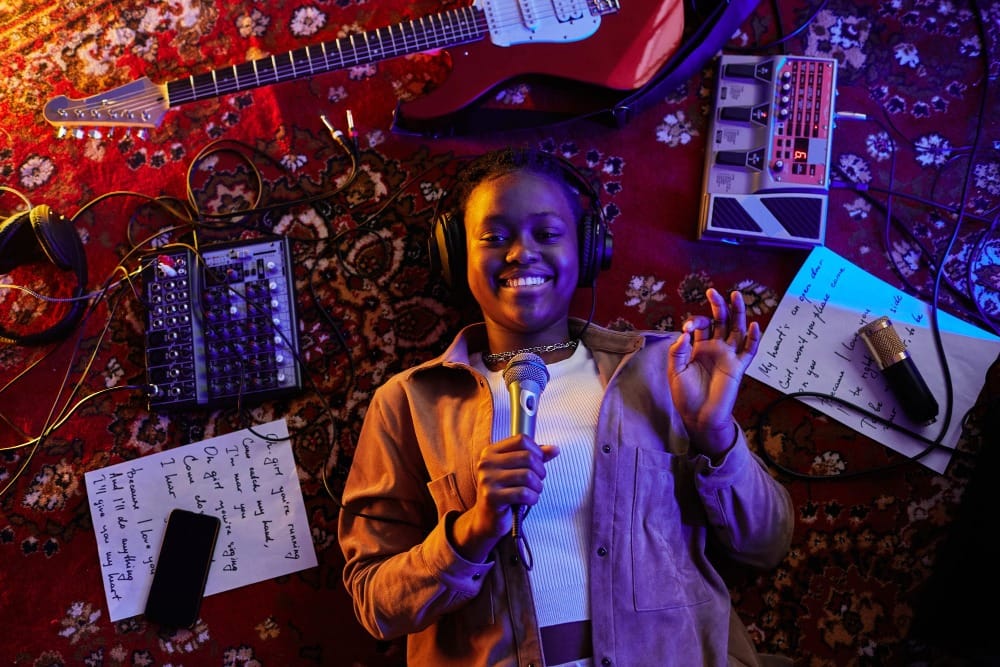
Many people think that if you want a career in music, you have to be a singer or a producer. But did you know there are many other jobs in music that can help you earn a living? In Jamaica, music is everywhere, but not enough people know about the different ways to make money from it. If you love music but don’t want to be on stage, here are ten music careers you can explore.
1. Music Archivist
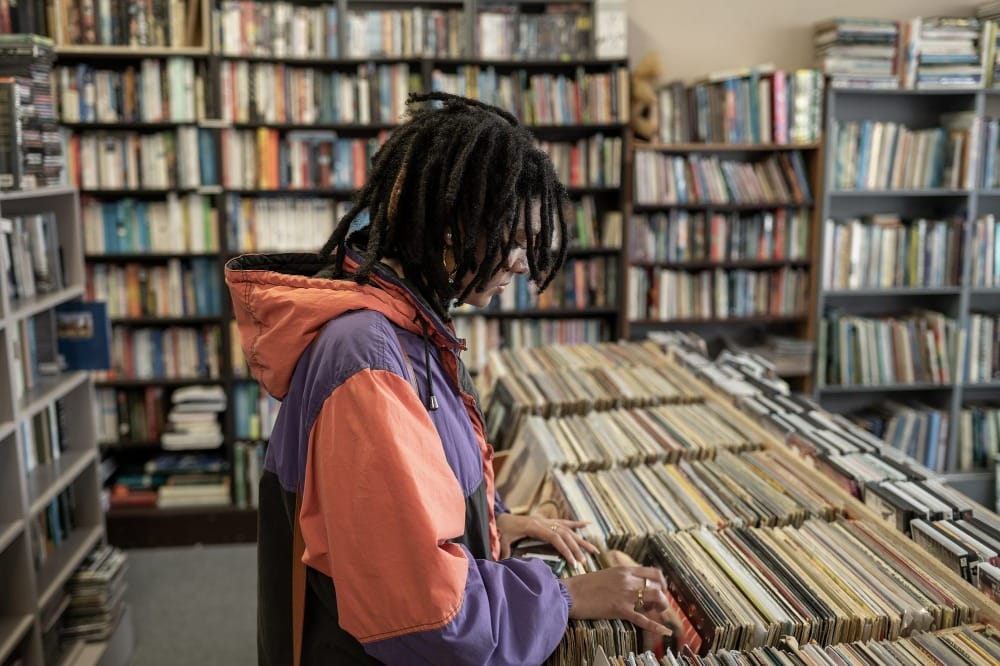
Jamaica has a rich history of music, but much of it is not written down or saved. Music archivists help keep historical songs and recordings safe so future generations can enjoy them. Libraries, museums and radio stations need people to do this work.
The Jamaica Music Museum and the National Library of Jamaica have archives where you can see this work in action. Those interested can start by volunteering at cultural institutions or learning about digital archiving online.
2. Instrument Making and Repair
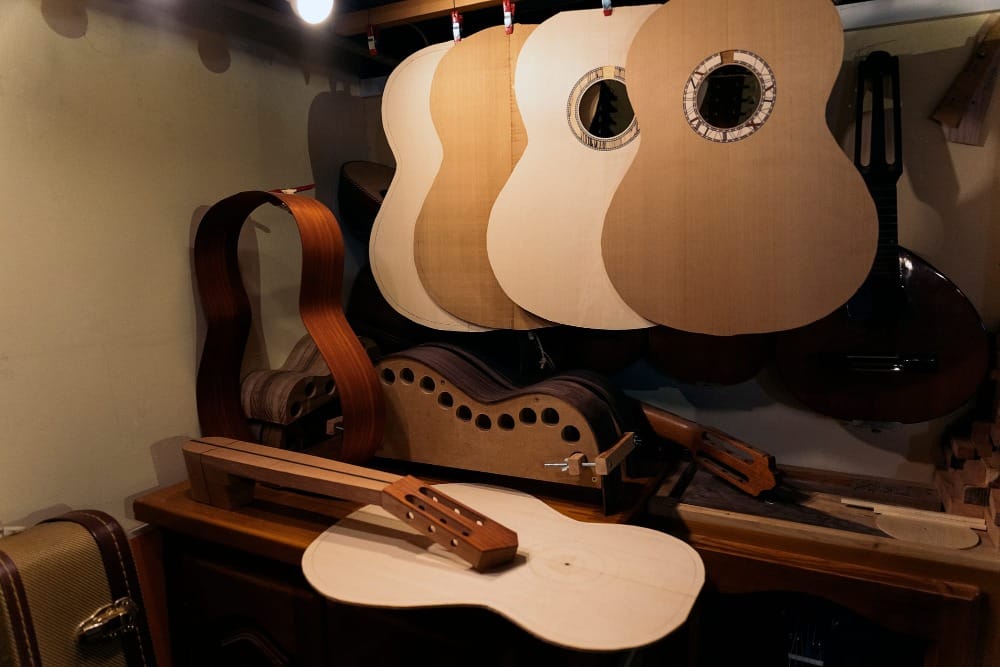
Many musicians in Jamaica need their instruments fixed, but there aren’t enough local experts. Learning how to fix guitars, drums, or keyboards can help you make money without needing a stage presence.
Local repair shops and musicians often seek skilled technicians. You can start by learning basic repairs through YouTube tutorials or apprenticing with an experienced craftsman.
3. Music Rights and Legal Work
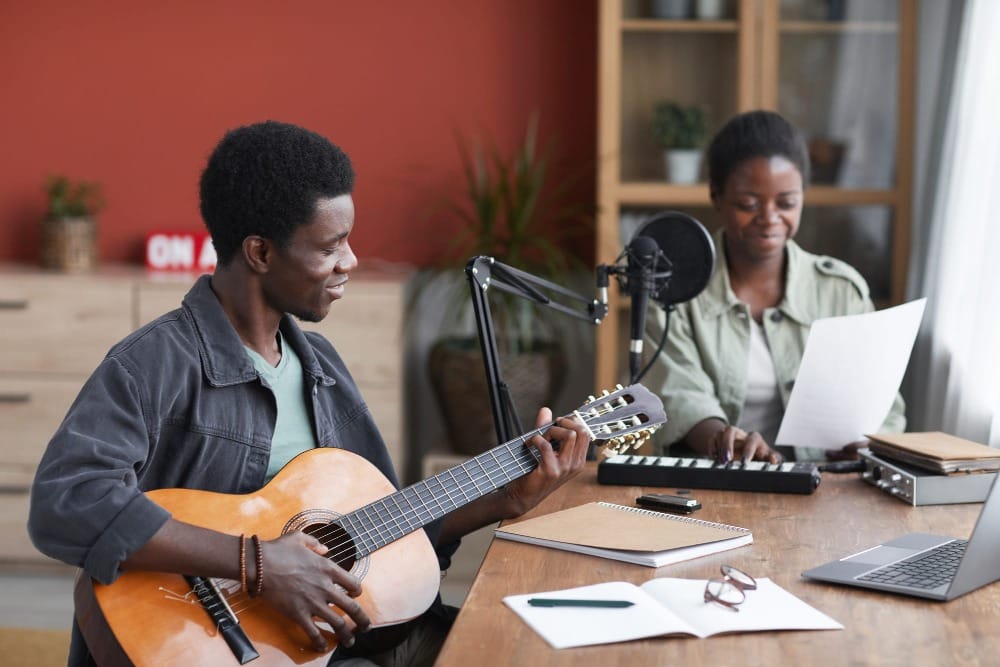
Many Jamaican artists don’t get paid when their songs are played because they don’t understand how music rights work. You can help by learning about music contracts and royalties, ensuring artists get their fair share.
Organisations like the Jamaica Association of Composers, Authors, and Publishers (JACAP) help with music rights. You can start by attending their workshops or studying copyright law online.
4. Choral and Orchestral Conducting
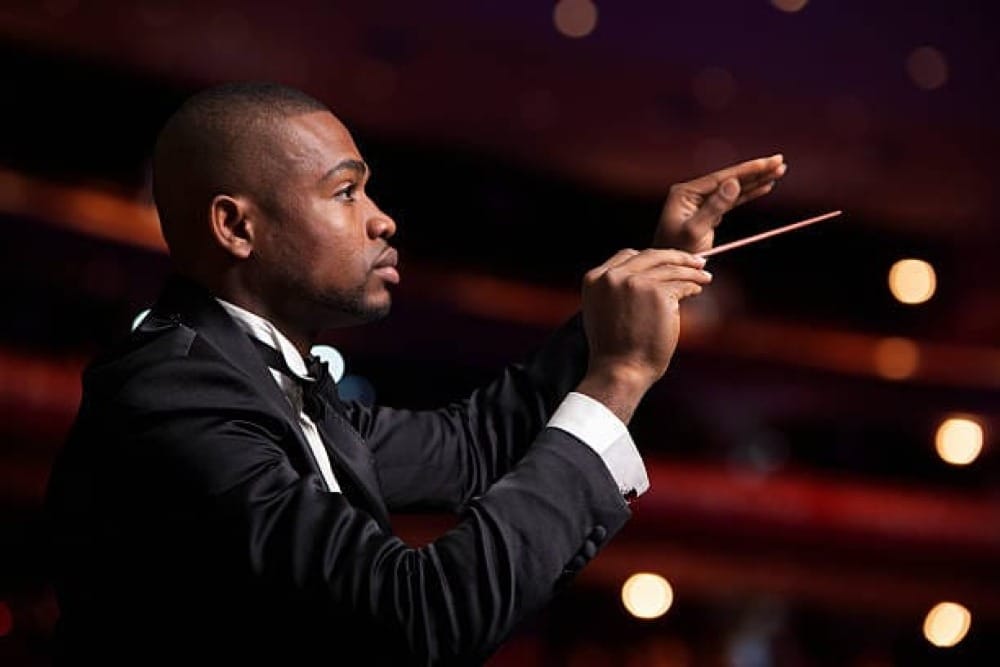
A conductor leads musicians in orchestras, marching bands, or even smaller ensembles, ensuring they stay in rhythm and perform together smoothly. While Jamaica is known for reggae and dancehall, there are orchestras such as the Philharmonic Orchestra of Jamaica that perform classical and contemporary music.
Conductors can also work with school bands, church groups, or community ensembles. You can start by learning music theory or assisting music groups.
5. Music Therapy

Music can help people feel better, especially those dealing with stress or illness. Music therapists use songs and instruments to help patients in hospitals and schools.
Some special education programs in Jamaica use music therapy to help children with disabilities. You can start by taking psychology or special education courses and learning about therapy techniques online.
6. Sound Effects for Movies and TV
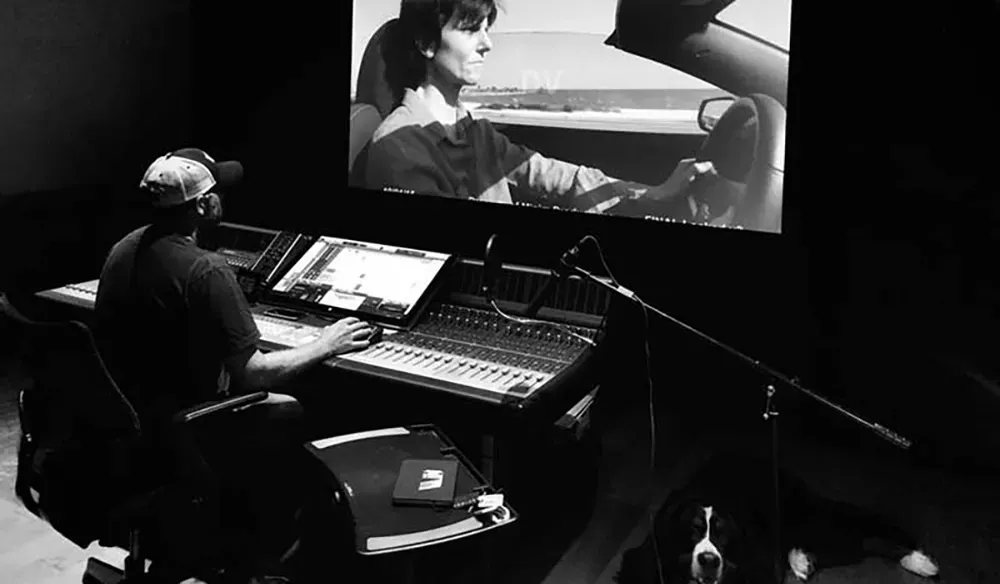
Films and TV shows need background sounds, like footsteps, doors closing, or birds singing. Learning to create these sounds can give you a job in Jamaica’s growing film industry.
You can start by experimenting with recording everyday sounds and learning audio software like Pro Tools.
7. Church Music Director
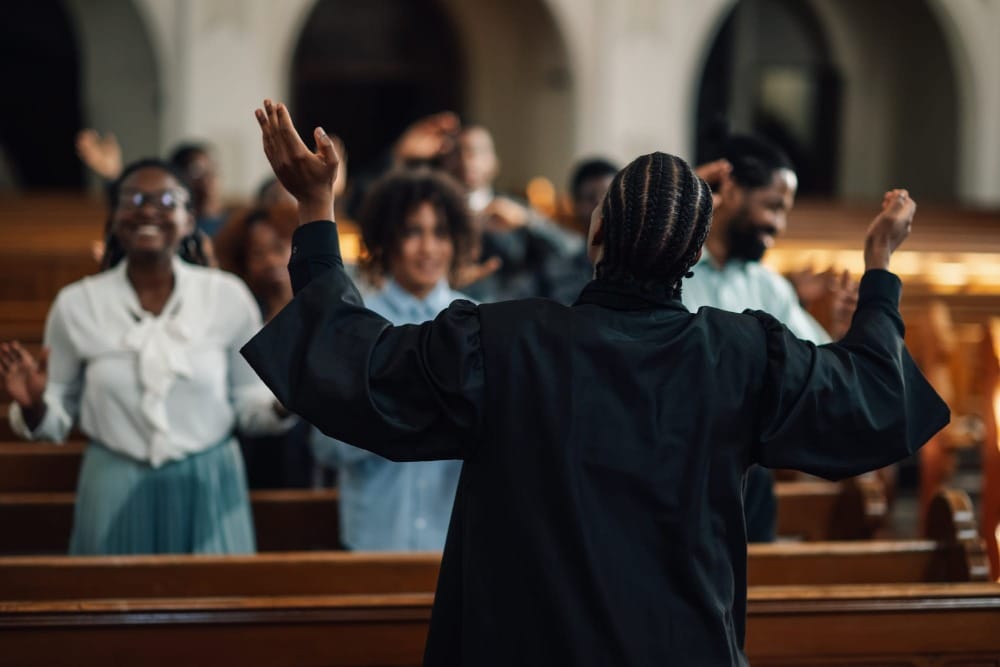
Churches always need people to play instruments, lead choirs, or teach music. This is a steady job that also helps the community.
Many well-known gospel musicians in Jamaica, like Kevin Downswell and Chevelle Franklyn, started their musical journeys in church. If you're interested in this path, you can begin by offering to play for your local church or assisting with choir rehearsals.
Music for People with Disabilities
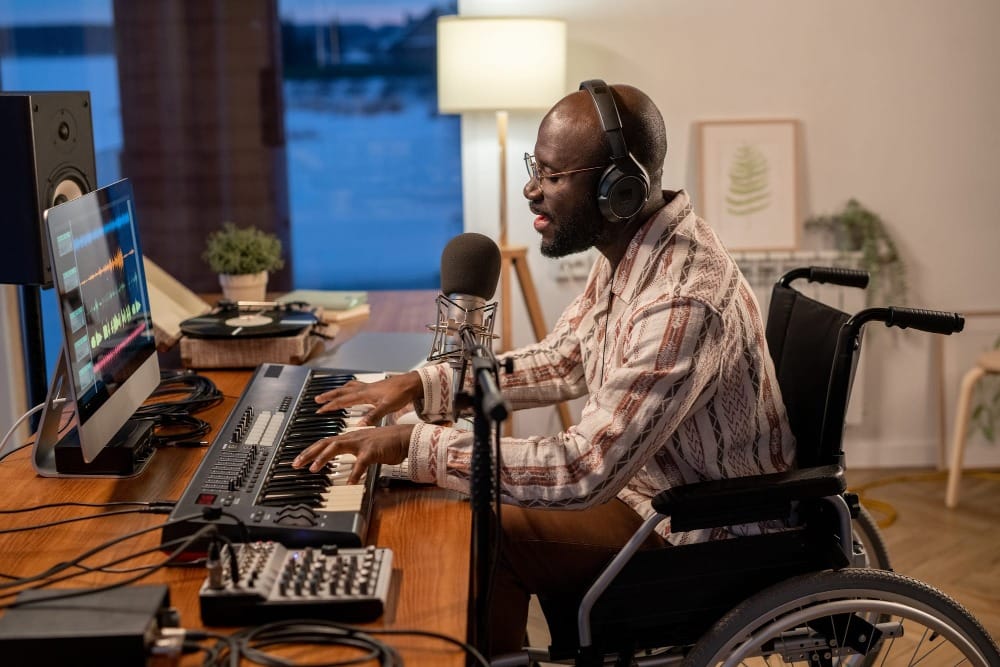
Some people cannot use common versions of instruments because of disabilities. You can help create special musical tools or teach simple ways for everyone to enjoy music.
Organisations like the Jamaica Council for Persons with Disabilities can guide you in developing accessible instruments or teaching methods.
9. Traditional Folk and Indigenous Music Preservation
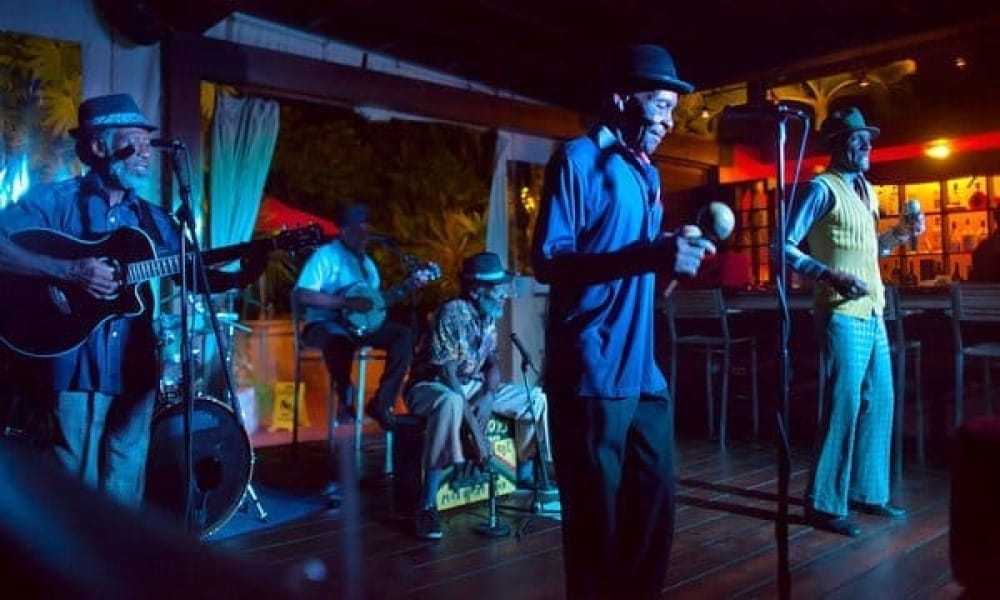
Jamaica has many music styles with history, like mento and Kumina, that are slowly fading. Teaching these styles to children can keep them alive and also provide a way to earn money.
One great example of preserving Jamaica’s musical heritage is the work done by the Edna Manley College of the Visual and Performing Arts, where students learn traditional drumming and folk music. If you want to teach traditional Jamaican music, start by researching traditional music styles like mento and Kumina and offering lessons at community centres or schools.
10. Building and Setting Up Music Studios
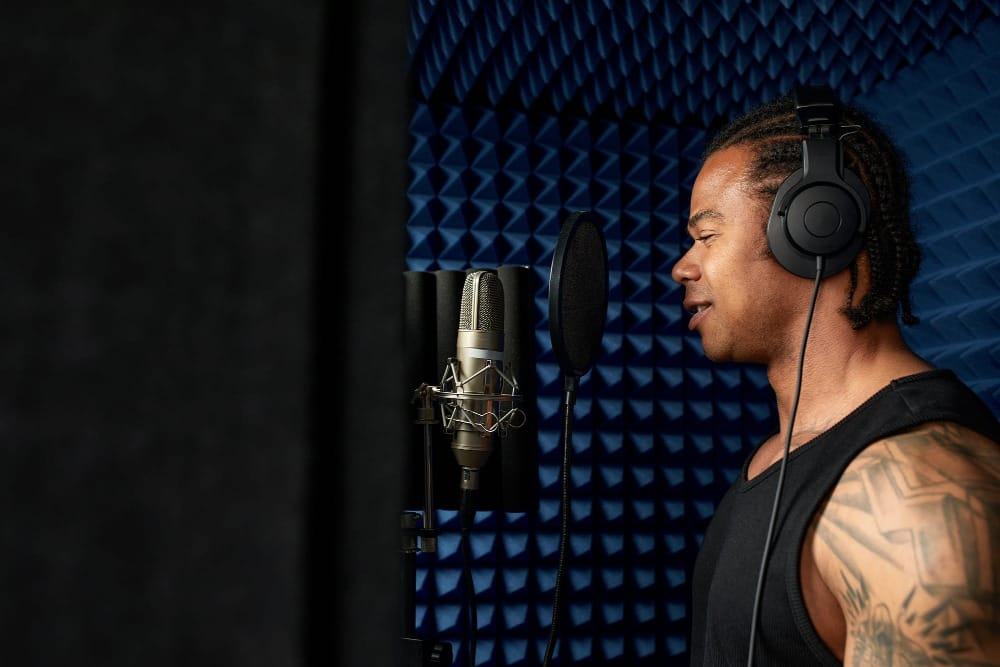
More artists are recording from home, but they need help setting up their equipment. Learning about studio setup and soundproofing can help you get jobs with musicians and producers.
You can begin by learning about acoustics and basic sound engineering online before offering setup services to home musicians.
Go For it
You don’t have to be a famous singer to make a living in music. There are many behind-the-scenes jobs that pay well and allow you to be part of Jamaica’s music culture. With the right skills, you can turn your love for music into a career.
